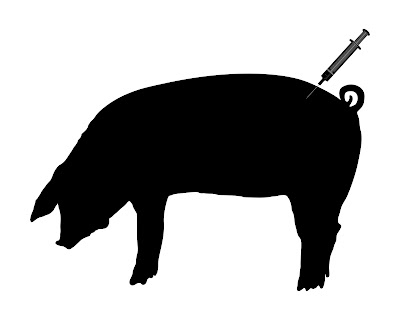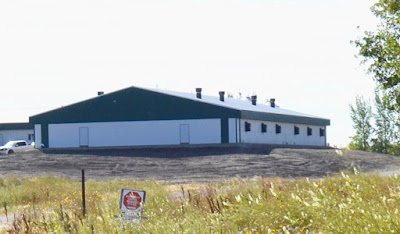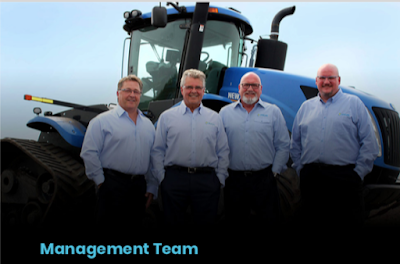"In Hogs We Trust." Part 1

Could the Manitoba government’s return to a deregulated hog industry actually contribute to a world health crisis? by Larry Powell The Pallister government has just passed its “Red Tape Reduction and Government Efficiency Act.” The bill makes it easier (and cheaper) for pig producers to build new factory barns, expand existing ones, store and dispose of the waste and to even spend less on fire protection. According to the industry group, “Manitoba Pork,” as many as 100 new factory barns may now be built over the next ten years. A CanStock Photo image. What the Bill will not do is stop the dangerous overuse of antibiotics in animal agriculture. Livestock owners around the world (including Manitoba’s hog producers) have long been giving these medicines to their animals, whether to treat the sick, prevent the healthy from getting sick, or simply to fatten them up for market. This is all perfectly legal here and in many other countries.



